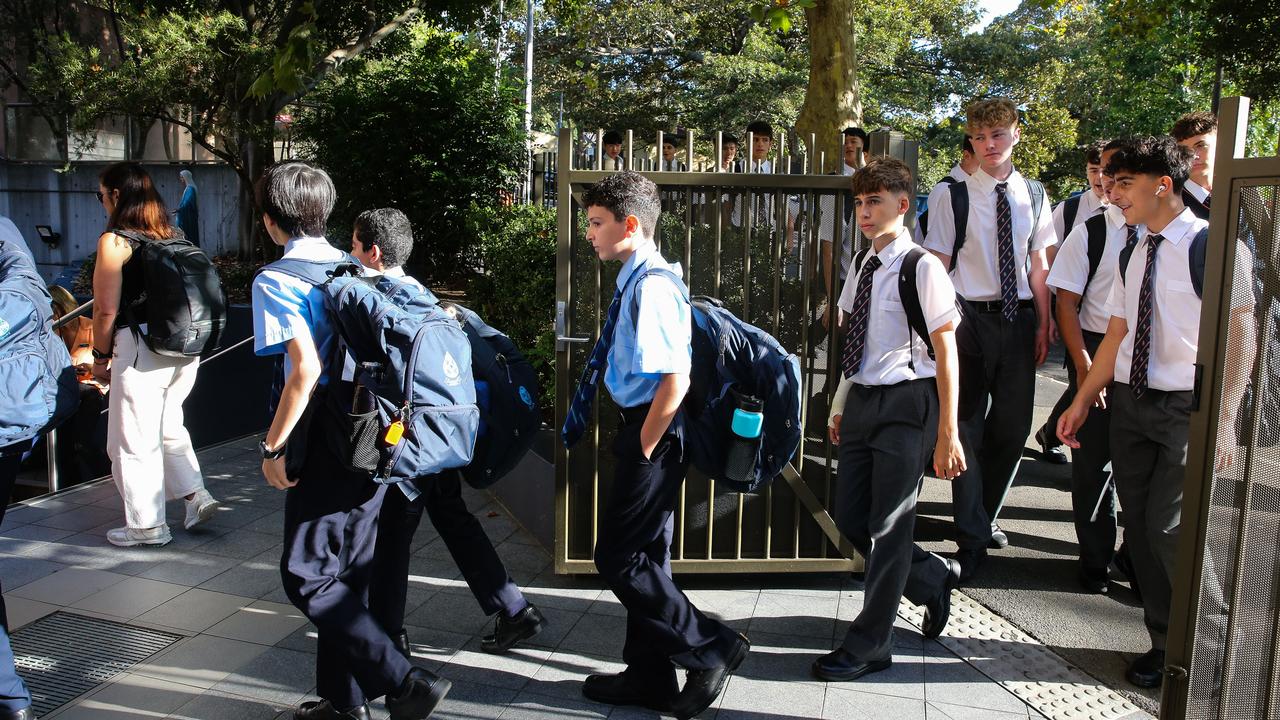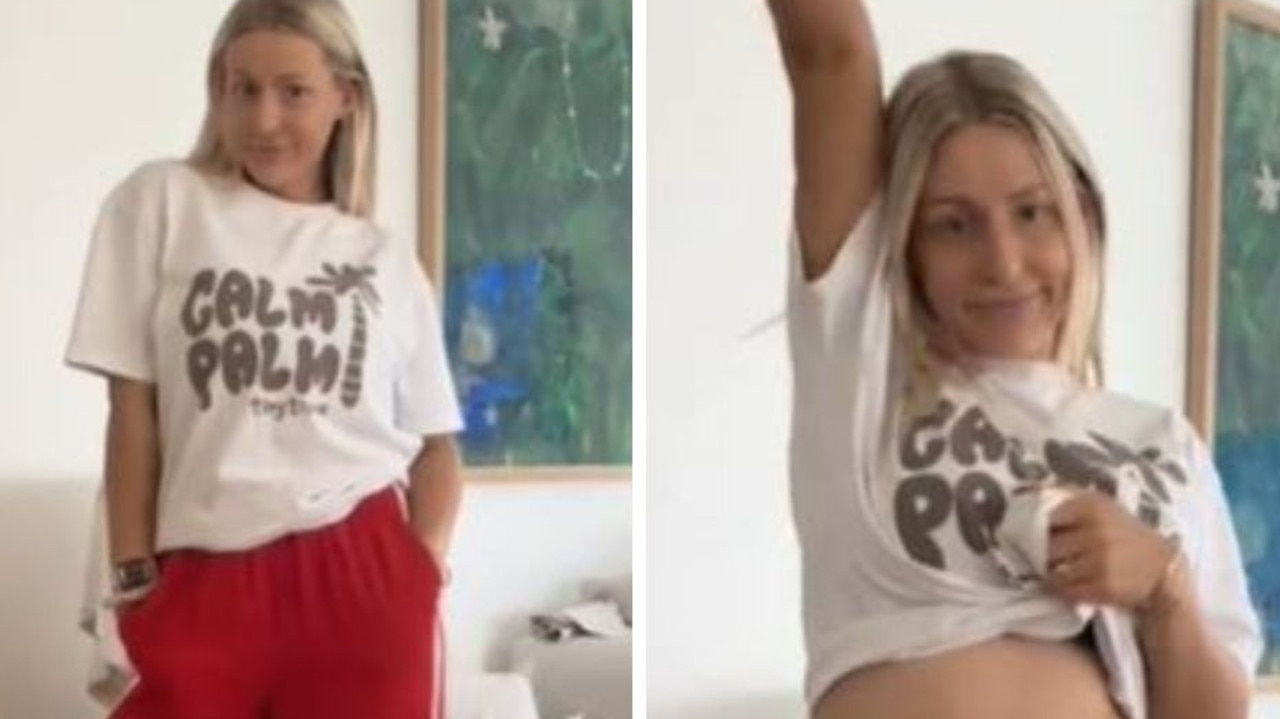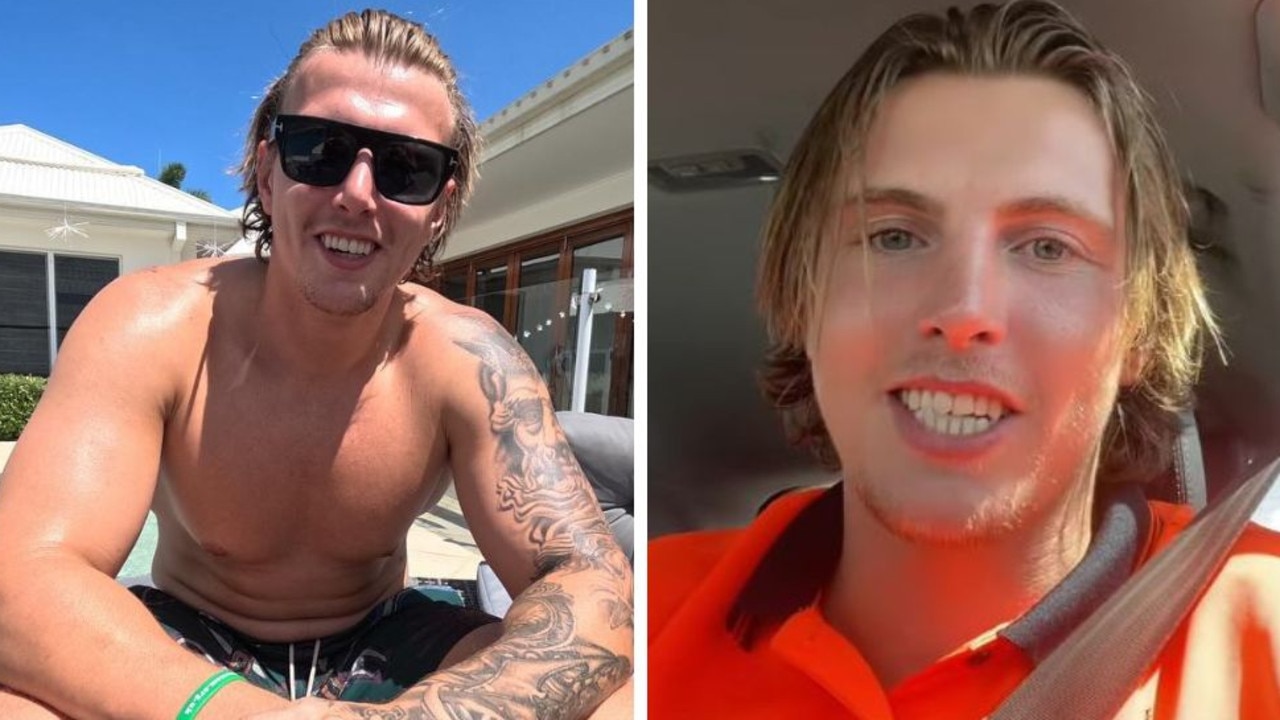Former inmate and drug addict turned his life around, but not all are as lucky
IT started with a double family tragedy - and what followed next sent a young man “off the rails” and into a dangerous life of crime that nearly killed him.
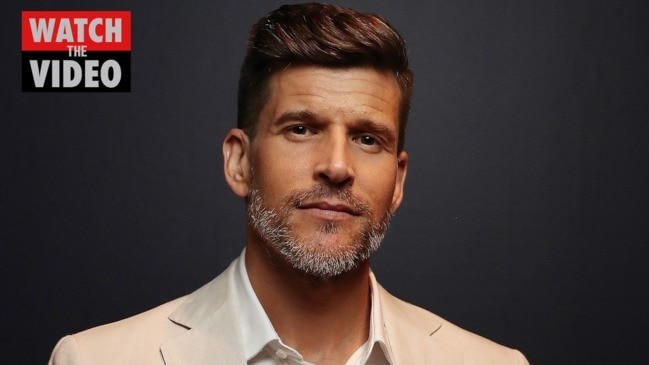
CHRIS Ugle suffered years of despair, aberrant behaviour, depression and suicidal thoughts after he lost both his parents in the same year.
Trouble began in his early teen years, but it spiralled out of control when both his parents died 11 years ago. He was 19 at the time.
The Darwin local spent most of his young life in trouble with the police, turning to crime and drugs to “numb the pain”.
“My father had a massive heart attack and my mother died of cancer in the same year and that’s what took its toll on me,” Mr Ugle said.
“I went off the rails. I got involved in the wrong crowd and was doing the wrong things, I involved in criminal activity and getting into trouble with police while under the influence of alcohol and drugs,” he said.
Mr Ugle, now 30, said during this period of his life, he lost his self worth, did not feel settled and had no structure.
At 19, he ended up in Perth’s Hakea Prison for burglary, describing his time in jail as “horrific” and “shocking”.
But he repeated the same offence three years ago.
“I was highly strung out on meth every day. It was my whole lifestyle,” he said.
“Having drugs, handing over drugs, doing all the bad stuff. It’s all real, whatever people think happens, happens.
“You’re doing anything just to get a hit and that’s the sort of lifestyle I was living just three years ago.”
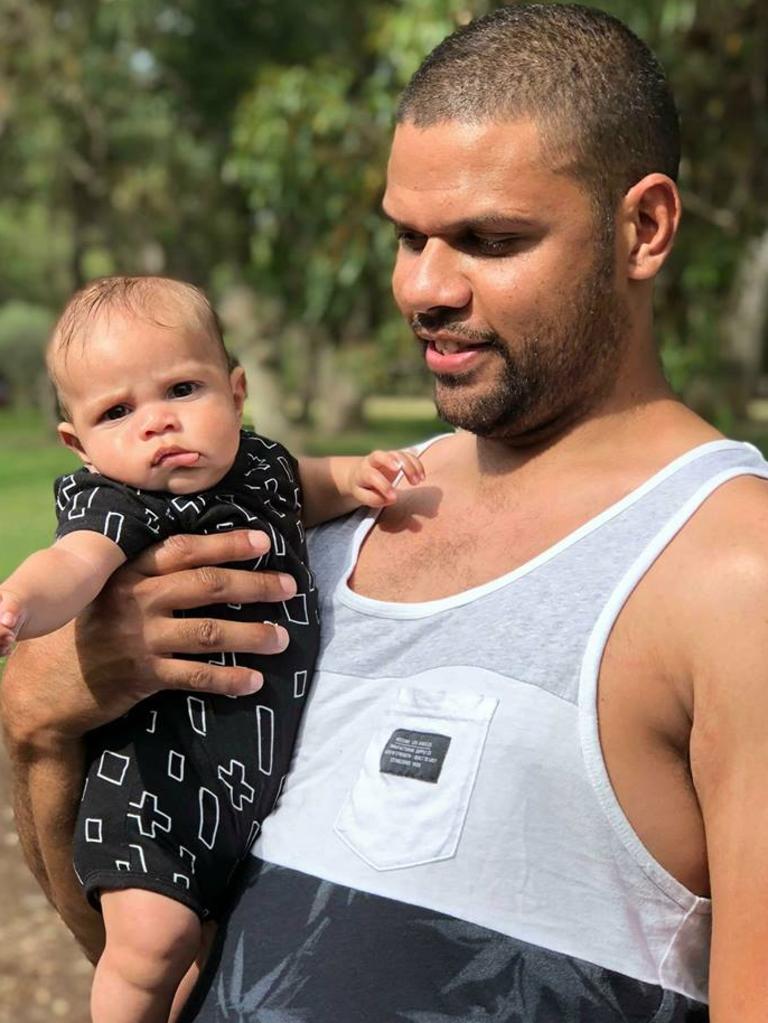
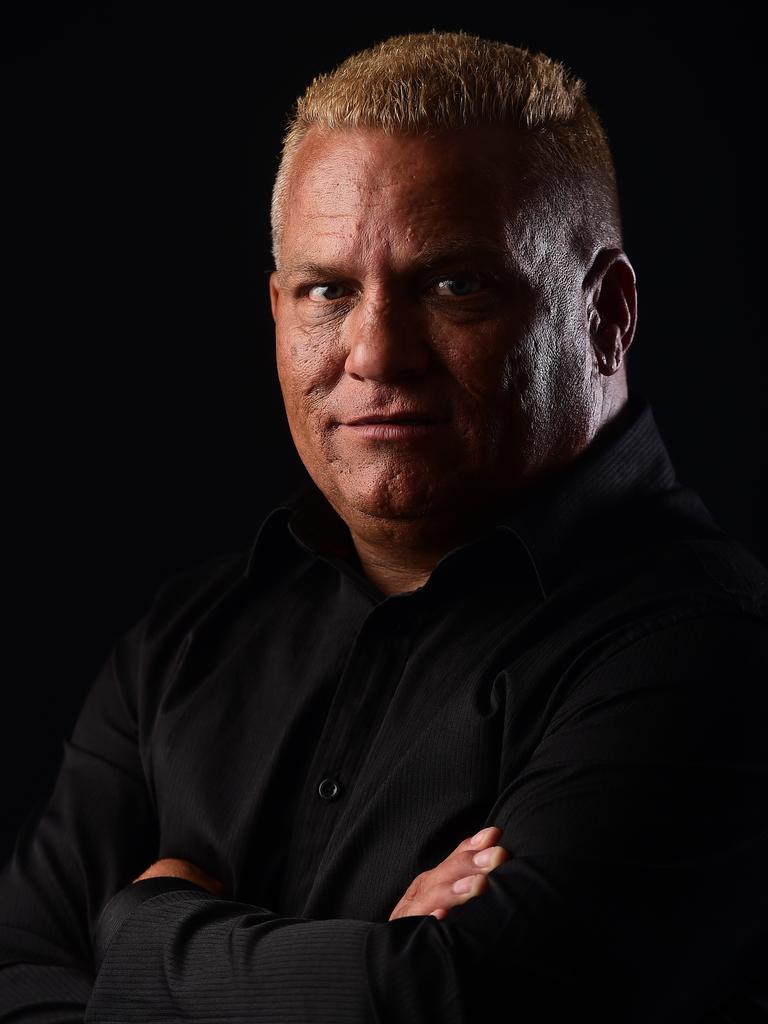
The father-of-one said he suffered from suicidal thoughts the moment he lost both parents.
“I was still hanging around bad people. If people in the criminal system can see you have no one to turn to, they leech onto you and suck the life out of you and that’s what was happening to me — I was getting the life sucked out of me.
“I had nowhere to go, no family, no friends.”
According to Gerry Georgatos, national co-ordinator of the National Indigenous Critical Response Service, in the first year after release, inmates are up to 10 times more likely to suicide or die unnaturally compared to their time in jail.
“It is in the first four to six weeks that a significant proportion die unnaturally. In my work with suicide-affected families, we experience such tragedies regularly,” he told news.com.au
Data released last week by the Australian Bureau of Statistics (ABS) revealed that suicide in Australia is at a 10-year high, jumping from 2866 deaths in 2016 to 3128 people having died by suicide last year.
“I have been warning every year for the last decade that the national suicide toll, and attempts, will increase and I expect that the 2018 toll to be even higher,” Mr Georgatos said, explaining one of the highest risk groups are former inmates soon after leaving prison.
Mr Ugle said given his experiences, he is not at all surprised at the alarming statistics surrounding inmates and suicide.
“If they get out of jail and society and their family rejects them, they are going to get back on the drugs, they are going to get back into criminal activity and if that doesn’t work, guess what, they are going to neck themselves or overdose.
“I’ve seen it and heard it all.”

But his life turned around when he got a suspended sentence for his most recent charge, crediting the Ngalla Maya program for supporting him mentally, psychologically and equipping him with life skills.
It is a program that offers former inmates and those at risk of being incarcerated a chance to become qualified in industries and placed in employment — and because of it, the scaffolder recently completed 12 certificates at the Skills Training and Engineering Services in Bibra Lake and has been clean for 18 months.
“Those who are thinking that their lives are at an end or (that there’s) no hope left, I just want to say there is light at the end of the tunnel,” Mr Ugle said.
“It’s never too late but changes don’t happen unless you make the change and Ngalla Maya is bound by that, even if it’s that one step.”
The Federal Government-funded Ngalla Maya Aboriginal Corporation aims to achieve up to 80 success stories over three years, however it achieved this in less than one year.
“They set a national record because the bar was so low, and it’s an indictment of everyone, of COAG, that programs such as this have not been massively invested in to turn lives around, to reduce reoffending, to change lives, to save lives, to reduce the suicide toll,” Mr Georgatos said.
“Thanks to the Federal Minister (for Indigenous Affairs) Nigel Scullion we were given a chance to make a big difference. Now we need investment 20 times more to help the many and not just some. All the states and territory governments must invest in changing lives.”
Mr Ugle said it’s not about looking for a handout.
“We just want to be able to expand the program so it can help save more lives, like it did mine.”
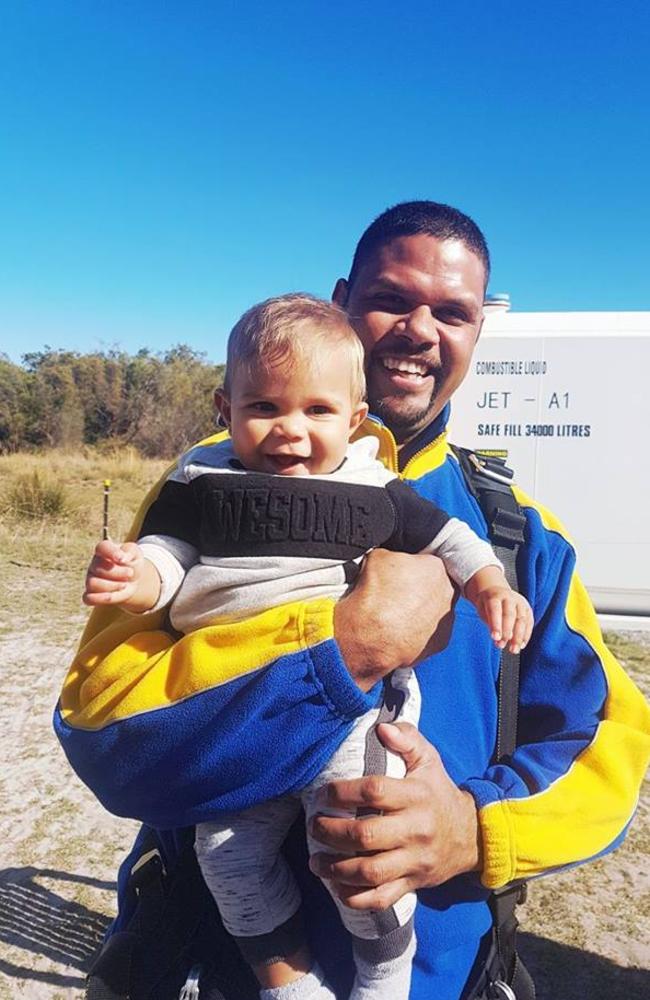
FORMER INMATE AND SUICIDE STATISTICS
- People leaving prison are at elevated risk of an unnatural death and aberrant behaviour and are 10 times more likely to die unnaturally — including suicide — than while in custody.
- As of June 2016, Aboriginal and Torres Strait Islander people comprised 28 per cent of all prisoners despite comprising less than three per cent of the national population
- According to the ABS, the suicide rate is at a 10-year high in Australia, equivalent of 8.6 deaths by suicide in Australia every day
- 3128 people died by suicide in 2017, compared to 2866 deaths in 2016
- Of those who died, 75 per cent (2348 people) were male, with 45-49 year olds making up the highest proportion
- Migrants comprise between one-quarter to one-third of the Australian suicide toll, with newly arrived migrants particularly vulnerable
- First Nations people are at elevated risk to suicide, three times the national rate
- Kimberley’s First Nations peoples are seven times at risk to suicide compared to the overall Australian suicide risk rate
- Queensland’s far north First Nations peoples are five times at risk to suicide compared to the overall Australian suicide risk rate
— If you or someone you know is in need of crisis or suicide prevention support, please call Lifeline on 13 11 14 or visit www.lifeline.org.au/gethelp. For help with depression, contact Beyond Blue on 1300 224 636.
— World Mental Health Day is celebrated on October 10. For more details visit 1010.org.au

